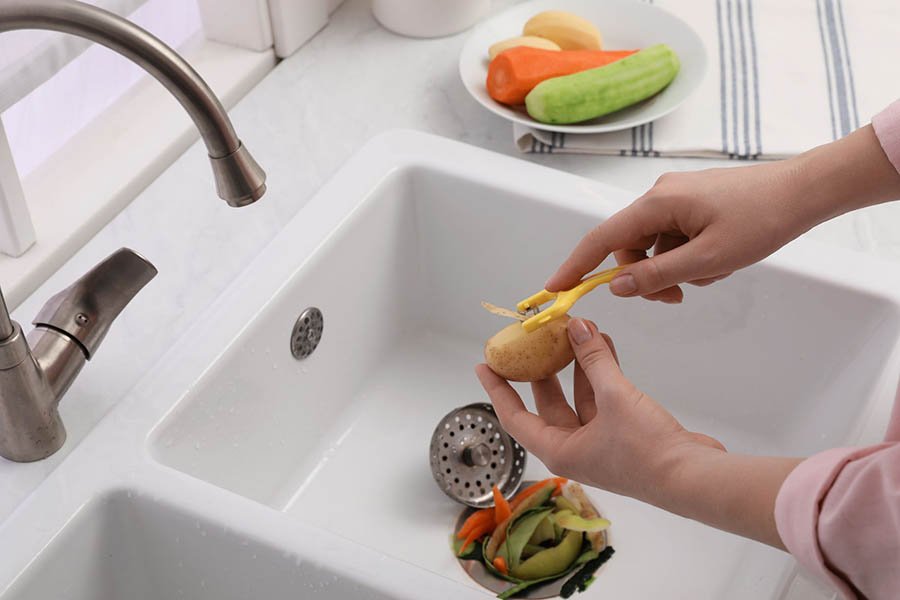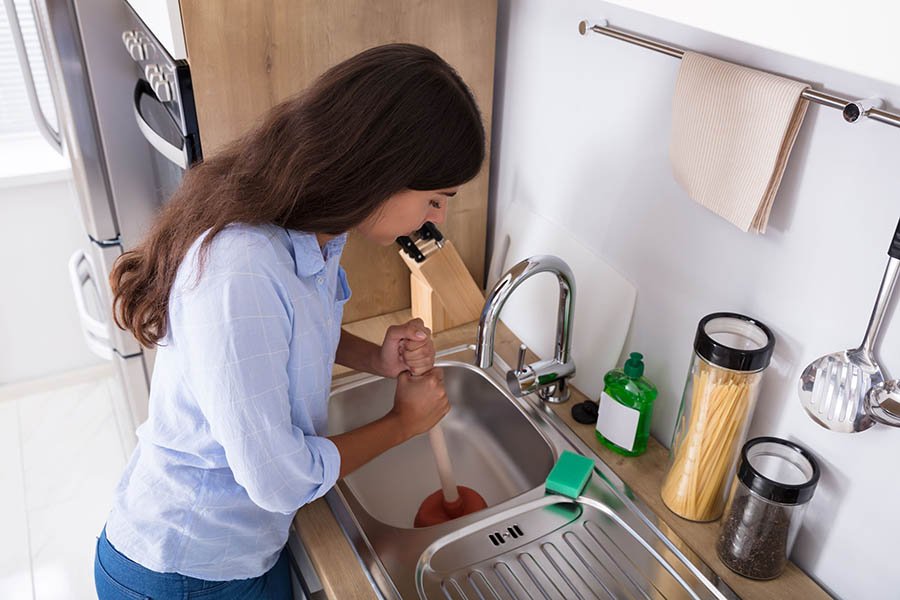Drain clogs are a common occurrence in most homes. Fortunately, most homeowners can quickly resolve them with the good old plunger or other home remedies. While your drains will experience a clog or two over time, it can be frustrating if it keeps happening.
The good news is that there are preventive steps you can take to keep them from becoming a routine problem. This article shares some valuable tips below.
Table of Contents
Schedule Deep Cleanings
No matter how much you care for your pipes, a buildup can still occur over time. One way to prevent more severe blockages is to conduct deep cleanings. Generally, it’s recommended that you call a professional plumber to perform a deep cleaning on all your drains every year.
Plumbers have the experience and necessary tools to clean your drains and leave them as good as new. While you’re at it, you can also ask them to do a thorough examination of your plumbing types to determine any minor issues that may be present.
When choosing a plumber, look for a reliable expert in your locality. Check their license and determine their reputation within your community, especially their corporate social responsibility initiatives.
For instance, Fergusons Plumbing Group, a plumbing contractor in Australia, developed a partnership with the non-profit organization R U, OK? and uses this page to help raise mental health awareness. Hiring a plumber that positively impacts your community helps you develop a sense of goodness and indirectly contributes to their efforts.
Don’t Let Debris Go Down The Drain
Perhaps the most important tip to prevent recurring clogs in your drain is never to let any solid items go down the drain. Most people are guilty of using their sinks or toilet bowls as trash cans. From food scraps to paper towels and baby wipes to hair, these items accumulate and clump with other debris, creating stubborn clogs.
It doesn’t take much time to collect and throw these items into the bin. Doing so saves you the trouble of experiencing severe, recurring clogs in the future.
Use Drain Caps
Regardless of how vigilant you are in preventing large debris from going down the drain, some items may still find their way into the pipes. In such cases, adding a cap or filter in your drain fixtures helps collect and catch food particles, preventing them from entering your lines and creating a blockage over time. Adding a drain filter also helps make it easier to clean your sinks.
Stop Pouring Grease
If you think large particles and debris are the only things that can create recurring clogs in your drain, think again. Grease, oil, and fats may be liquid, but they are often the culprit to dirt accumulation within your pipes.
Grease and oil cling to your pipes. When they harden–either during winter or when you pour cold water into the pipes–grease and oil can trap debris and particles that enter your pipe. This creates more severe blockages over time.
As such, always dispose of this liquid waste in the trash. Before washing grease-filled pans, rinse them outside or wipe them down with a paper towel.

Flush Your Drains
Aside from annual deep cleaning, you must regularly flush and clean your drains. Even with the most careful homeowner, a small amount of grease, oil, and other debris can still enter your drains. To prevent grease from sticking to your pipe, flush it with hot water and dishwashing liquid or soap. This melts grease and allows it to flow down the drains.
If you’re thinking of cleaning your drains, skip the store-bought chemical cleaners and choose homemade ones. Chemical cleaners contain harsh ingredients that can corrode your pipes. Over time, this damage can create leaks within your pipes.
Homemade cleaners with ingredients like baking soda and vinegar are safer options. These common kitchen ingredients are natural cleaners that can loosen debris and gunk buildup within your pies.
Know What Not To Throw In Your Garbage Disposal
Although it’s called ‘garbage’ disposal, not all kitchen waste should be thrown in it. Since clogged garbage disposal can become a big mess, you should know what shouldn’t be put in the disposal.
From egg shells, pasta, and coffee grounds that can create a thick paste within your pipes to large bones and hard nuts and shells that can damage the blades, many things should never be thrown in your disposal.
In addition, make sure to operate the disposal using a constant flow of water to help with the grinding process and flush down food particles thoroughly.
Takeaway
Your plumbing drains may be out of sight, but they shouldn’t be out of your mind. Like most systems in your home, preventive maintenance is critical to keep your plumbing drains in working order. Regular maintenance and good habits help prevent annoying recurring clogs and save you money and headache.










